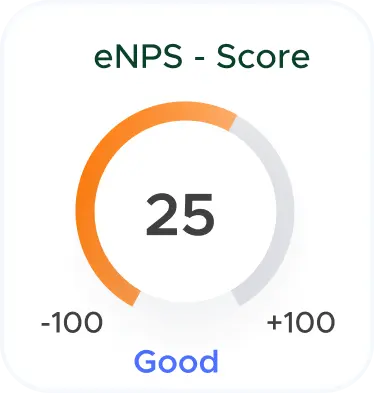How to write appraisal comments for employees?
When writing appraisal comments for employees, it's important to be clear, specific, and constructive. Here are some guidelines to follow:
1. Be specific: Provide specific examples and details to support your comments. Instead of general statements, focus on specific instances or projects where the employee demonstrated certain skills or behaviors.
Example: "Sarah consistently goes above and beyond in her customer service interactions. Last month, she handled a difficult customer complaint with professionalism and successfully resolved the issue, resulting in positive feedback from the customer."
2. Use objective language: Use objective language that focuses on observable behaviors and outcomes. Avoid personal opinions or assumptions.
Example: "John consistently meets his sales targets, achieving a 20% increase in revenue compared to the previous quarter. He demonstrates strong sales skills by effectively identifying customer needs and providing tailored solutions."
3. Balance strengths and areas for improvement: Acknowledge the employee's strengths and accomplishments, but also provide constructive feedback on areas where they can improve. Offer suggestions or resources for development.
Example: "Linda has shown exceptional project management skills, consistently delivering projects on time and within budget. However, I recommend she further develop her presentation skills to enhance her ability to effectively communicate project updates to stakeholders."
4. Be constructive and future-focused: Provide feedback that can help the employee grow and develop. Focus on actionable suggestions and provide support or resources to assist them in improving their performance.
Example: "Michael, your attention to detail in your work is commendable. To further enhance your skills, I suggest participating in a time management workshop to improve your efficiency and ensure timely completion of tasks."
5. Maintain a respectful and professional tone: Use a respectful and professional tone in your comments. Avoid overly negative or critical language, and provide feedback that encourages growth rather than discourages.
Example: "Jennifer, your contributions to the team have been valuable. I encourage you to further develop your teamwork and collaboration skills by actively seeking opportunities to share knowledge and support your colleagues."

.svg)













.svg)



.svg)
.svg)